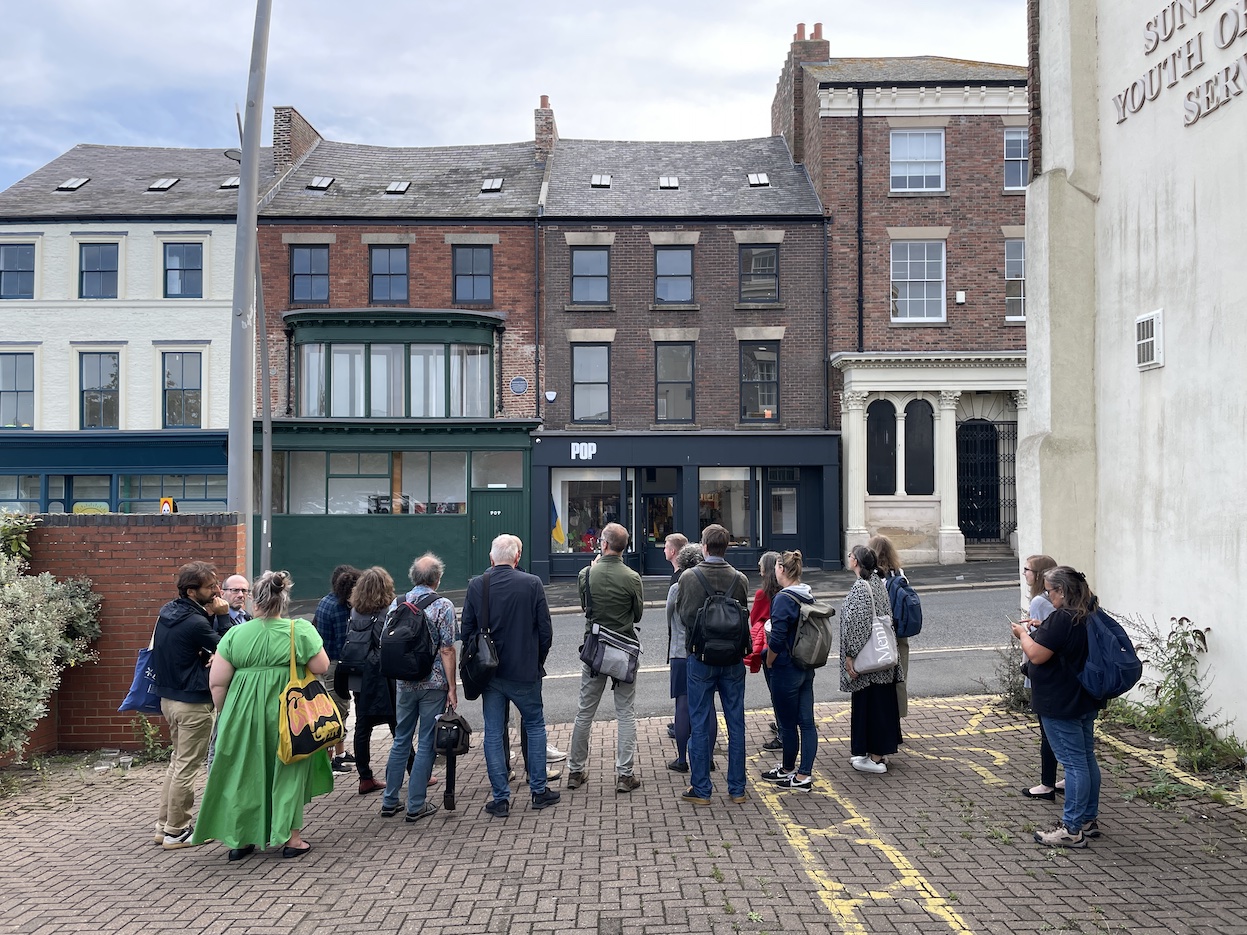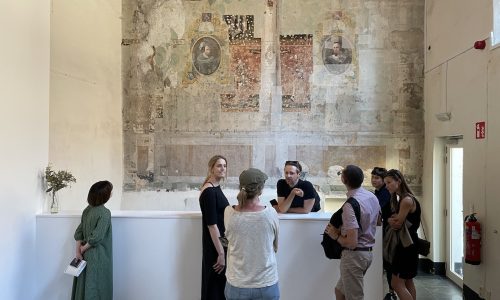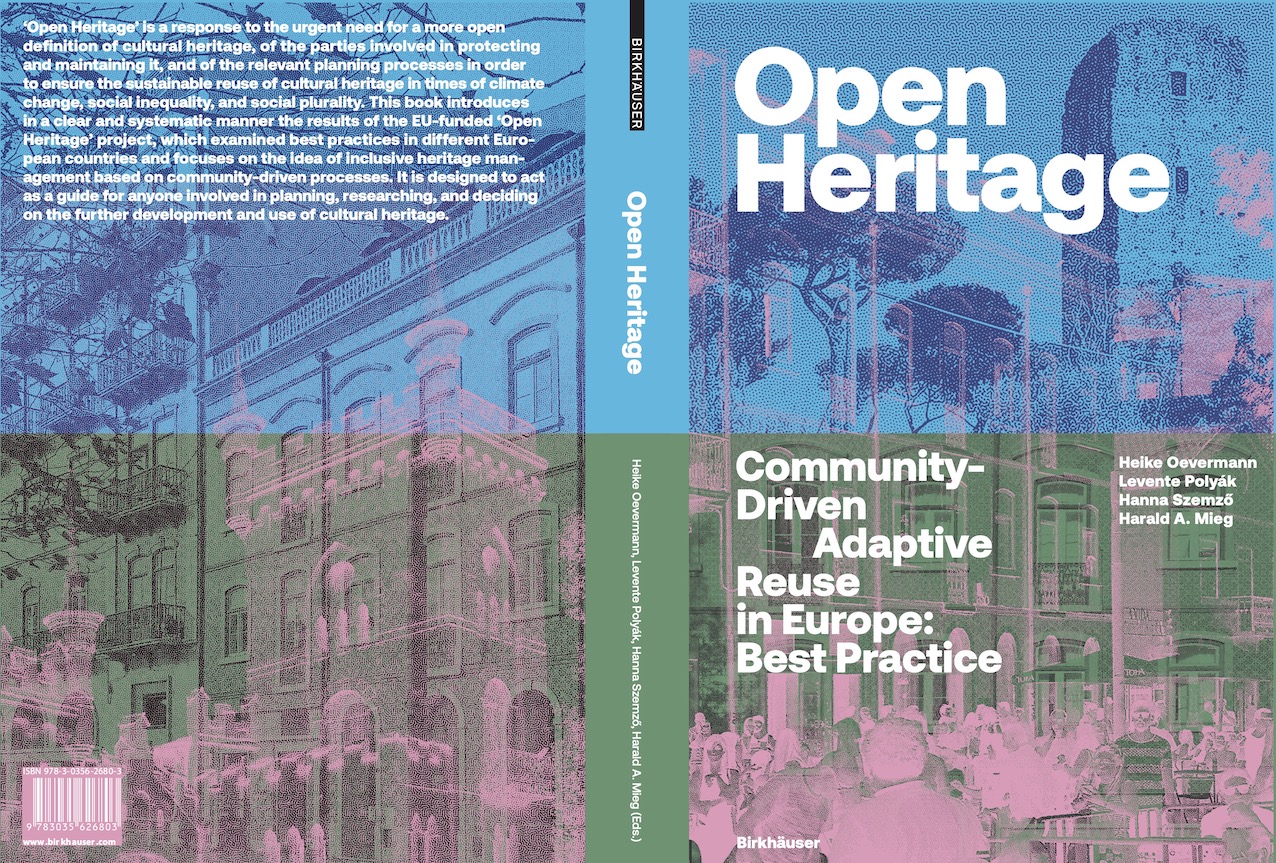Subscribe to our joint NEWSLETTER for
EUTROPIAN &
COOPERATIVE CITY MAGAZINE

Placemaking is a dynamic urban design approach aimed at creating vibrant, inclusive public spaces through community participation and empowerment. Since its inception in the 1960s in the north-american context, placemaking has evolved from a technically-driven process to a collaborative, community-focused effort that recognizes public spaces as both physical and social environments shaped by the people who use them. However, despite its potential to revitalise communities, placemaking has also faced criticism for sometimes prioritising aesthetic improvements and economic growth at the expense of local needs. This can inadvertently lead to socio-economic disparities, exclusion, displacement, and gentrification. At Eutropian, we acknowledge these challenges and are committed to promoting a critical approach to placemaking that advocates for social justice and the dismantling of inequities in urban spaces. By prioritising inclusivity and equity, we aim to create projects that not only enhance public spaces but also ensure that they are accessible and beneficial to all, offering a transformative vision for more just and vibrant cities.


At Eutropian, we have embraced a critical approach to placemaking and spatial development, focusing on inclusivity and community engagement. Through the UrbACT Network’s “Temporary Use as a Tool for Urban Regeneration” (TUTUR), in temporary reuse initiatives to cultivate social interactions among local partners, aiming for these connections to extend beyond the project’s duration and contribute to the development of local social networks. As members of the European Placemaking Network, we participated in, and coordinated, the JPI PlaceCity project, advancing placemaking as a collaborative method for better cities by gathering and implementing tools in Oslo and Vienna. Building on these experiences, our work within the current InclusiveCity (DUT) partnership integrates placemaking strategies within the 15-minute city concept, with a strong focus on inclusivity to position placemaking as a critical tool for urban development. In both the PlaceCity and the InclusiveCity project, Eutropian has been working on the urban living lab of Vienna and contributing with research to the international partnership. By incorporating insights from previous projects into new ones, we continue to pursue ongoing research toward creating more just and equitable cities.
Through our constant engagement on placemaking projects we have contributed to the development of the Placemaking Europe Toolbox (placemaking-europe.eu) a collection of curated placemaking resources for all to access, learn from, and practice developed under the PlaceCity project. Currently, we are also working on the “Inclusive Placemaking Toolkit” to rethink existing placemaking tools in order to promote the application of more inclusive frameworks.
One of the most inspiring aspects of the PlaceCity project was the involvement of students in shaping and defining inclusive meeting spaces in Grønland, Oslo’s most diverse district, empowering them to actively contribute to the community. PlaceCity participatory interventions with students for better school spaces – Cooperative City

We have also considered the challenges the COVID-19 pandemic has posed to placemaking. Our webinar CCQ#13: Social Inclusion focused on exposed social inequalities, emphasising the need for community support and inclusive structures for vulnerable groups. In a similar way, the webinar CCQ#11: Public Life examined the disruption of public spaces during lockdowns, discussing how cities can redesign spaces to balance public and private needs while promoting social and economic recovery. Both discussions pushed placemaking towards greater social equity and adaptation in a post-pandemic world.
| Cookie | Duration | Description |
|---|---|---|
| cookielawinfo-checkbox-analytics | 11 months | This cookie is set by GDPR Cookie Consent plugin. The cookie is used to store the user consent for the cookies in the category "Analytics". |
| cookielawinfo-checkbox-functional | 11 months | The cookie is set by GDPR cookie consent to record the user consent for the cookies in the category "Functional". |
| cookielawinfo-checkbox-necessary | 11 months | This cookie is set by GDPR Cookie Consent plugin. The cookies is used to store the user consent for the cookies in the category "Necessary". |
| cookielawinfo-checkbox-others | 11 months | This cookie is set by GDPR Cookie Consent plugin. The cookie is used to store the user consent for the cookies in the category "Other. |
| cookielawinfo-checkbox-performance | 11 months | This cookie is set by GDPR Cookie Consent plugin. The cookie is used to store the user consent for the cookies in the category "Performance". |
| viewed_cookie_policy | 11 months | The cookie is set by the GDPR Cookie Consent plugin and is used to store whether or not user has consented to the use of cookies. It does not store any personal data. |
